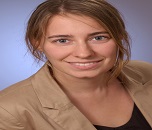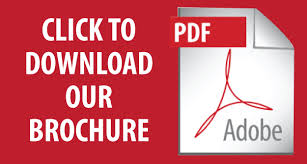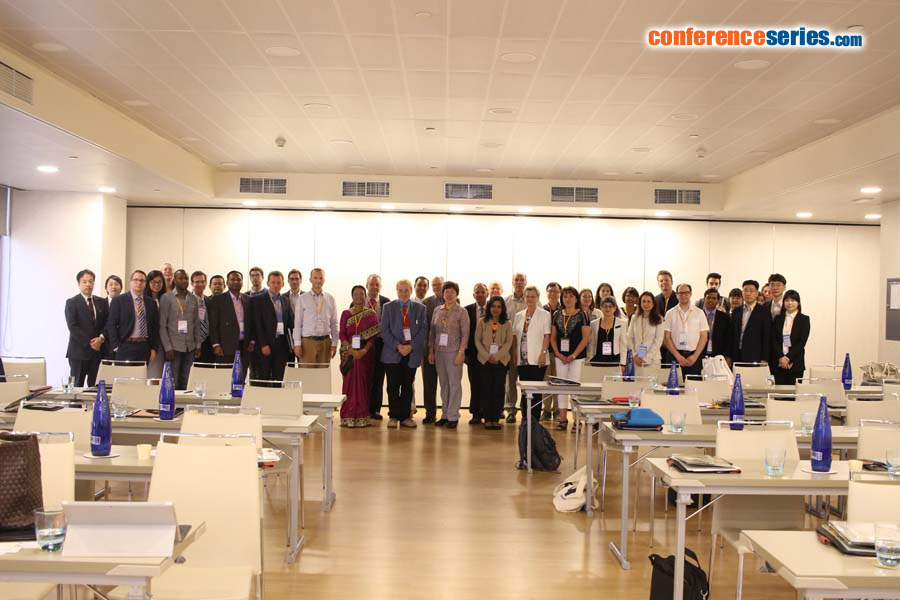
Biography
Biography: LucÃa Doyle
Abstract
The demand for energy and raw materials is growing rapidly worldwide and how to satisfy it in a sustainable and economical way is one of the biggest challenges to face in the coming years. From energy and fuels to fertilization, our current technological growth and society still demand carbon-based raw materials. Biorefineries have been called to play a major role in the circular economy delivering these products by cascading and refining approaches, optimising the full chain resource efficiency. They are expected to contribute to an increased competitiveness and wealth of the countries by responding to the need for supplying a wide range of bio-based products and energy in an economically, socially, and environmentally sustainable manner (de Jong and Jungmeier 2015).
At the same time, urban waste is one of the greatest environmental impacts of our current way of life. Legislation such as the Waste Framework Directive (2008/98/EC), and of course sustainability requires a maximal re-use and recycling of the generated waste. Focusing on the organic fraction (OFMSW, sewage sludge) the inhomogeneity and impurity content of organic urban waste are major barriers for its real valorization. With anaerobic digestion (AD), composting and mechanical biological treatment (MBT) being the main technological options today, full valorization has not been achieved. Hindrances include pollutants causing microbial growth inhibition, physical problems like floating, and a significant fraction of the waste being lignocellulosic and hence not suitable for the case of AD, and pollutants content and low market value for the case of composting. MBT face the same issues. This results in the Landfill Directive (1999/31/EC) still being complied with to a limited extent.
However, these organic waste streams can be used as feedstock for a biorefinery based on HTC technology, producing hydrochar and carbonaceous liquids, high value products that can be used as fuel, activated carbons for water treatment, soil remediation, carbon sequestration schemes and other applications.
Results from EU project NEWAPP demonstrated that solid fuels can be produced in sufficient quality as to be used as a solid fuel. Combustion has been proved technically viable. To facilitate market penetration, input has been provided to include HTC solid biofuel’s properties in international standard ISO 172-8.
Recent Publications:
- Industrial Scale Hydrothermal Carbonization: new applications for wet biomass waste. De Mena Pardo, B; Doyle, L; Renz, M and Salimbeni, A (Editors) (2016) ISBN 978-3-00-052950-4
- Reuse of HTC process water. Doyle, L (2016). ISBN 978-3-00-052950-4
- Standards for HTC products. Doyle, L., Hitzl, M., Salimbeni, A. (2016). ISBN 978-3-00-052950-4
- Application of the NaWaTech safety and O&M planning approach at the College of Engineering Pune Hostel Campus, India” Sandra Nicolics, Ajith Edathoot, Eva Staribacher, Fabio Masi, Girish R. Pophali, Dayanand Panse, Pawan K. Labhasetwar, Lucia Doyle, Guenter Langergraber. IWA Water and Development Congress, Oct 2015, Jordan
- NEWAPP: New technological applications for wet biomass stream products. Doyle, L., Hänel, M., Hiltz, M., Renz, M., Salimbeni, A. 22nd European Biomass Conference and Exhibition. 23-26 June 2014, Hamburg, Germany.


